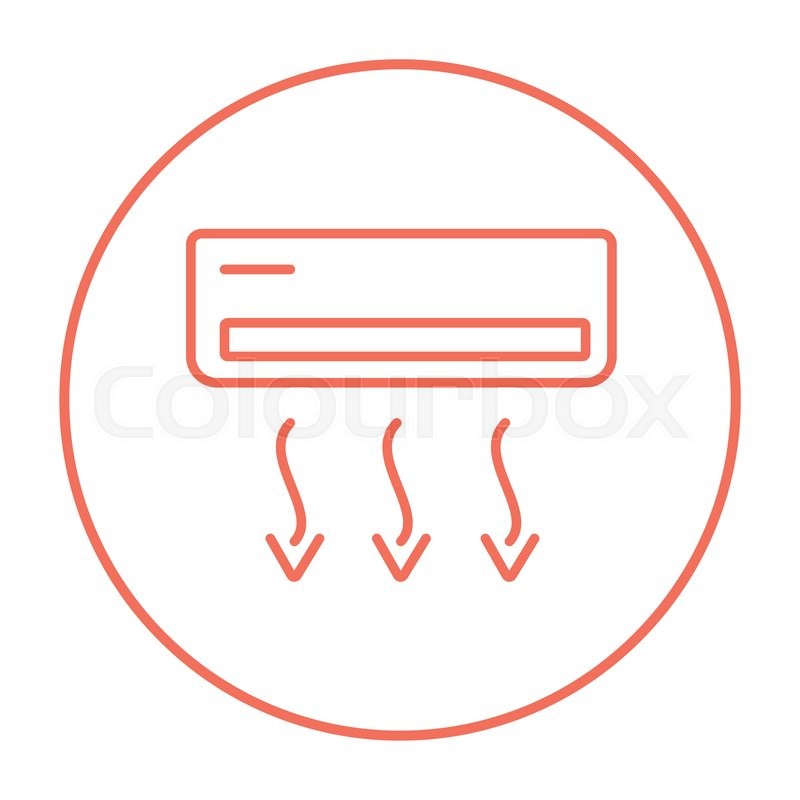The Future Of Home Heating - Just How Heat Pump Innovation Is Evolving
The Future Of Home Heating - Just How Heat Pump Innovation Is Evolving
Blog Article
https://garrettbnzjt.creacionblog.com/29196250/discovering-the-environmental-benefits-of-warm-pumps-a-lasting-heating-service Composed By-Fraser Byrne
Heatpump will certainly be a critical modern technology for decarbonising home heating. In a scenario consistent with governments' revealed energy and climate commitments, their international capacity doubles by 2030, while their share in home heating rises to one-quarter.
They work best in well-insulated homes and depend on electricity, which can be provided from an eco-friendly power grid. Technical breakthroughs are making them more reliable, smarter and less expensive.
Gas Cells
Heatpump use a compressor, cooling agent, coils and followers to relocate the air and heat in homes and devices. They can be powered by solar power or electricity from the grid. They have actually been obtaining appeal as a result of their inexpensive, peaceful operation and the capability to produce electrical energy during peak power need.
Some firms, like IdaTech and BG MicroGen, are dealing with fuel cells for home heating. These microgenerators can replace a gas boiler and produce some of a home's electric needs with a connection to the electrical energy grid for the remainder.
But there are reasons to be unconvinced of using hydrogen for home heating, Rosenow says. It would certainly be pricey and inefficient compared to other modern technologies, and it would certainly contribute to carbon emissions.
Smart and Connected Technologies
Smart home modern technology allows property owners to attach and control their tools from another location with making use of smartphone applications. For instance, clever thermostats can discover your heating choices and instantly adjust to maximize energy consumption. Smart lights systems can be managed with voice commands and automatically shut off lights when you leave the area, minimizing energy waste. And wise plugs can check and handle your electrical use, enabling you to determine and limit energy-hungry home appliances.
The tech-savvy house illustrated in Carina's interview is an excellent image of just how owners reconfigure room home heating practices in the light of new clever home innovations. They rely on the devices' automatic features to accomplish day-to-day adjustments and regard them as a practical means of performing their heating techniques. Thus, they see no factor to adjust their practices better in order to make it possible for adaptability in their home power need, and interventions targeting at doing so may deal with resistance from these families.
Electrical power
Since warming homes make up 13% of US emissions, a button to cleaner choices could make a large difference. But the modern technology faces challenges: It's expensive and calls for extensive home renovations. And it's not constantly compatible with renewable energy sources, such as solar and wind.
Up until recently, electric heat pumps were as well pricey to take on gas models in most markets. But brand-new innovations in layout and materials are making them extra inexpensive. And much better chilly environment efficiency is allowing them to work well also in subzero temperatures.
https://lorenzotzfjo.smblogsites.com/29311054/the-ultimate-guide-to-understanding-warmth-pumps-exactly-how-do-they-function following action in decarbonising home heating may be the use of heat networks, which attract heat from a central resource, such as a neighboring river or sea inlet, and distribute it to a network of homes or buildings. That would certainly decrease carbon discharges and permit families to capitalize on renewable resource, such as green electrical power from a grid provided by renewables. This option would certainly be much less costly than changing to hydrogen, a nonrenewable fuel source that needs brand-new facilities and would only decrease CO2 exhausts by 5 percent if paired with boosted home insulation.
https://commercialandofficecleani73950.digitollblog.com/29125731/disproving-common-misconceptions-and-mistaken-beliefs-regarding-heat-pumps
As power prices go down, we're beginning to see the exact same fad in home heating that has driven electrical cars and trucks into the mainstream-- yet at an also faster rate. The solid climate case for electrifying homes has actually been pushed better by new research.
Renewables account for a substantial share of modern heat consumption, however have been offered restricted policy focus internationally contrasted to various other end-use industries-- and even much less focus than electrical energy has. Partly, this mirrors a mix of consumer inertia, split incentives and, in many countries, aids for nonrenewable fuel sources.
New technologies could make the shift simpler. As an example, heatpump can be made a lot more energy effective by replacing old R-22 cooling agents with new ones that don't have the high GWPs of their precursors. Some experts also imagine area systems that attract heat from a neighboring river or sea inlet, like a Norwegian fjord. The cozy water can after that be made use of for heating and cooling in a neighborhood.